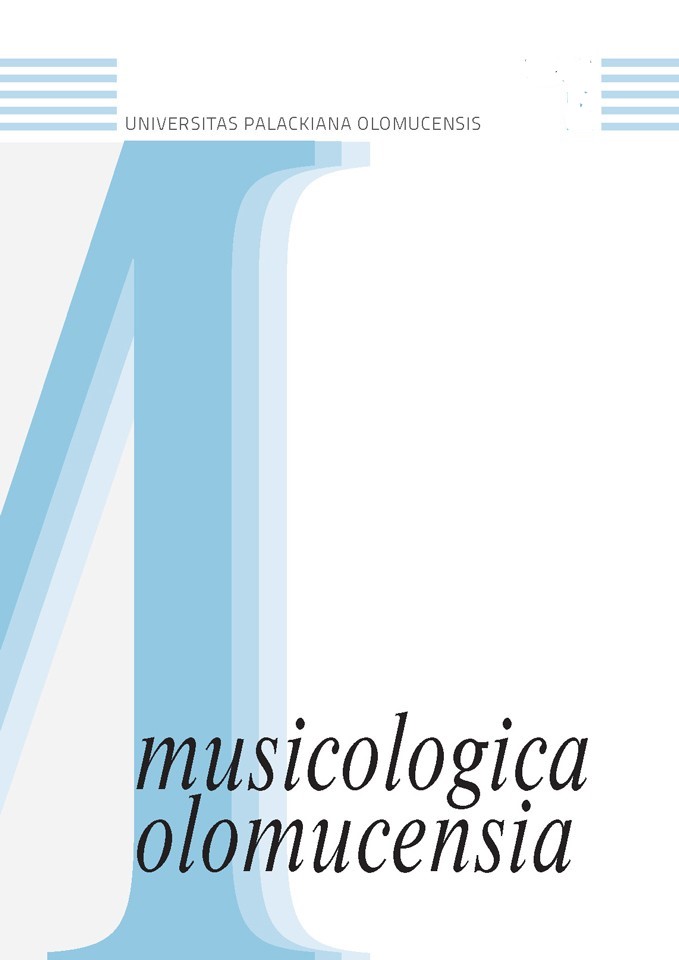Krize folkové hudby v éře postkomunistické transformace: společenská role a význam písničkářů v Československu po roce 1989
The Crisis of Folk Music in the Post-Communist Transition Era: the Social Role and Importance of Singer-Songwriters in Czechoslovakia after 1989
Author(s): Petr ŠrajerSubject(s): Cultural history, Music, Political history, Social history, Cultural Anthropology / Ethnology, Sociology of Art
Published by: Univerzita Palackého v Olomouci
Keywords: Folk music; popular music; singer-songwriter; Velvet Revolution;
Summary/Abstract: The Velvet Revolution in Czechoslovakia in 1989 marks not only the end of communism but also, according to many music journalists and musicians themselves, the end of folk music. This term can be found in the magazines and literature of that time and it reflects the crisis of the folk genre whose main representatives are the singer-songwriters. When the theory of Czech musicologist Josef Kotek about the evolution of genres in popular music is applied, it can be assumed that the folk singer-songwriting reached its final at the turn of the 1990s. Such a decline was marked by a gradual loss of popularity of the genre and by the deterioration of quality of the music. This situation is changing at the brink of 21st century when new singer-songwriter appeared, and it is possible then to speak about the revival of the genre. It is typical for this era that the definition of folk music and singer-songwriting is enlarged. Many female singer-songwriters arose and along with it, folk music gradually penetrated the mainstream pop music.
Journal: Musicologica Olomucensia
- Issue Year: 31/2020
- Issue No: 1
- Page Range: 189-210
- Page Count: 22
- Language: Czech

